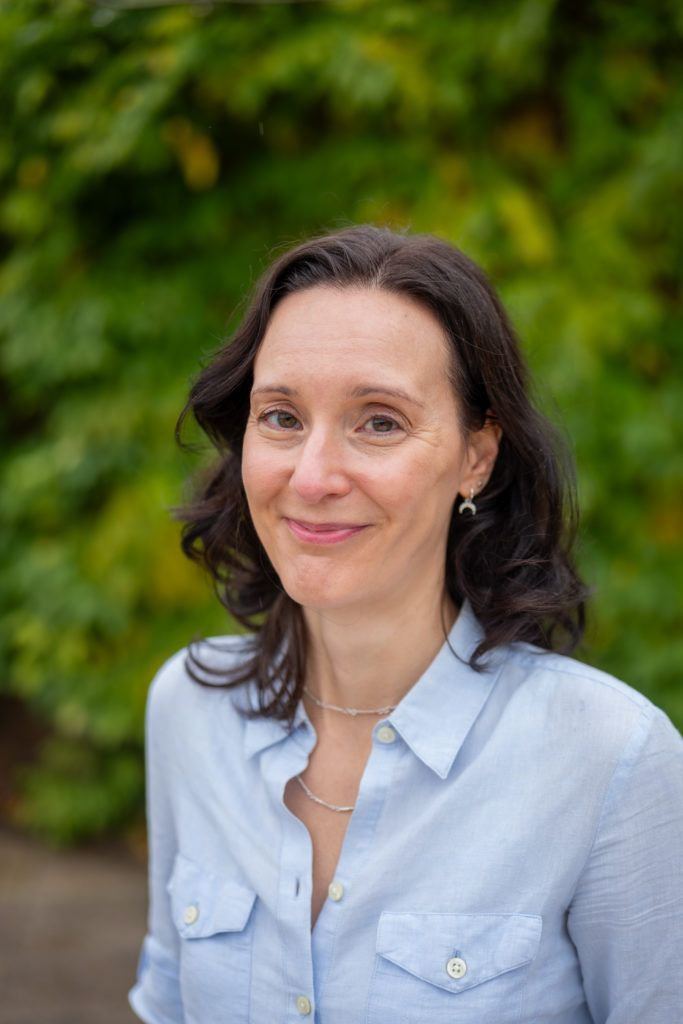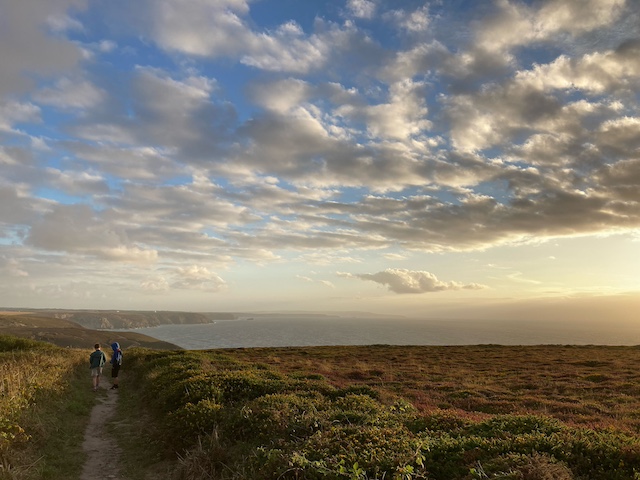Summer insights from Exeter’s academic leaders of postgraduate research
What are your core responsibilities in your roles – Stacey as the Dean of Postgraduate Research and of the Doctoral College and Jonathan as the HASS Director of Postgraduate Research?
SH: As Dean I have overall responsibility for every PGR’s programme and student experience. This involves a lot of strategy and policy meetings, but also a lot of problem solving! With the Doctoral College team, we’re constantly working to support PGRs, responding to people’s concerns, and trying to help you get access to the relevant training, information, and opportunities. The most enjoyable part of the role is research community and research culture, when I get to meet PGRs, learn about their research and offer some (hopefully) useful advice.
JD: As Faculty DPGR I have oversight of all the postgraduate research programmes, including taught and professional doctorates (as well as PhDs!) across the ten departments within HASS. I also oversee the funding programmes and scholarships that we have access to within the department, and I work closely with the Doctoral College and other teams (including the Quality team, Researcher Development and others). In addition, I have an excellent team of departmental directors of PGR who I work closely with, as well as a fantastic support team, made up of PGR Managers, Support Officers, and Administrators. We all work together to help ensure that all our PGRs get the best possible experience with us, leading to the best possible outcomes.
What excites you most about the postgraduate research students you encounter at Exeter?
SH: I love learning about people’s cutting-edge research on everything from screenwriting to exoplanets. But what’s most exciting is seeing how you work together to develop as researchers and build your communities. We launched the new Dean’s Commendations for PGR Academic Citizenship this year and the range of activities PGRs have been nominated for is amazing; everything from peer training and mentoring to conferences, cakes, and ceilidhs! It’s been fantastic to see how supportive and inclusive our PGRs are and I’m glad we’ve got this small way of recognising peoples’ contributions to our research culture.
JD: The variety, the vibrancy, and the vitality! There is a huge range of projects within any one of our departments, magnified across our Faculty. Every time I meet postgraduate researchers and hear about their work, I am struck by this huge variety and vibrancy. There is an amazing amount of enthusiasm, mutual support, and encouragement going on, in front of and behind the scenes. I often hear of groups of people meeting together for support, discussion, wrestling with common issues and interests. Such vitality. I also love attending Graduations and watching all of our fantastic Doctors crossing the stage!
We know we can be frustrating too! What honest advice would you give a new PGR to help them make the most of their experience?
SH: Ask for help when you need it! Please don’t struggle alone or suffer in silence. It’s not a sign of weakness to ask for help, whether it’s about research or your wellbeing; the earlier you ask, the better we can work to help you.
JD: Three things. First, remember it’s a journey. There’ll be times when the sun is shining on your back and the views are fantastic, but also there may be times when the climb is steep, and the rain is coming in sideways! Second: if you don’t know, ask, and if you don’t know who to ask, get in touch with the support team. There are very, very few questions they have not answered. They are a terrific source of advice and support (and wonderful people too). Which leads me to point three: remember that the people who are here to support your journey are people too. Be polite, be kind, and don’t send a chaser email two minutes after the original one!
Balancing research and teaching is hard enough. Then come all the pressures of academic leadership. Do you miss being able to immerse yourself in your own research?
SH: I am still an active researcher and am currently PI for a large research AHRC grant on the history of child soldiering in Africa. But I do miss being able to spend extended time in the field talking with people and squirrelled away in dusty archives! Now my postdocs get to do all the fun overseas research, but I get the pleasure of being able to collaborate and discuss findings with them
JD: Being Faculty Director comes with the expectation and requirement that I am ‘research active’, so I fight hard to protect my research time. I do find that spending time in the PGR research community helps. I’m exposed to new ideas, new ways of seeing and understanding. Sometimes my experience as a researcher can help others with their questions too! I’m actually writing this as I travel home from an international conference where we have been discussing the importance of understanding history and its effect on the present and on possible futures.
What good books, series, music or outdoor activities do you recommend to help students unwind this summer?
SH: Geekily, I love a good jigsaw to quiet my brain (they’re problem that actually have a solution!). But in the summer, I try to get outside to unwind and go for a walk in the country with a book and a bunch of snacks. The book is usually a historical murder mystery, speculative fiction or when I need to be reassured about humanity, I re-read some of Terry Pratchett’s Discworld.
JD: Having something you love that is not your project or work is so important. I’m very interested in all things Norwegian, so I’ll spend some time over the summer watching Nordic Noir TV series with the subtitles turned off to see if I can understand what is going on. I’m also an outdoors person, so walks in the shade of the woods, or out on the moors, or at the seaside. As for music, I’ve recently been sent a Bossa Nova album by a friend who thought I’d like it. Give it a try, you never know. Keep trying new things, even when you find things you like!

Professor Stacey Hynd’s primary research interests are in conflict and humanitarianism in Africa. She is the Dean of Postgraduate Research and the Doctoral College at Exeter. Find out more here.

Dr Jonathan Doney’s main research interest is in education policy, methodological and analytical innovation. He is Faculty Director of Postgraduate Research for HASS. Find out more here.

